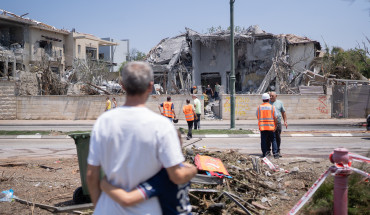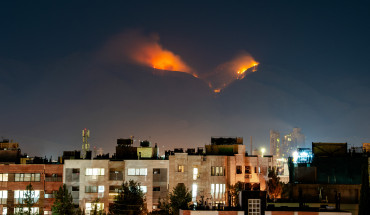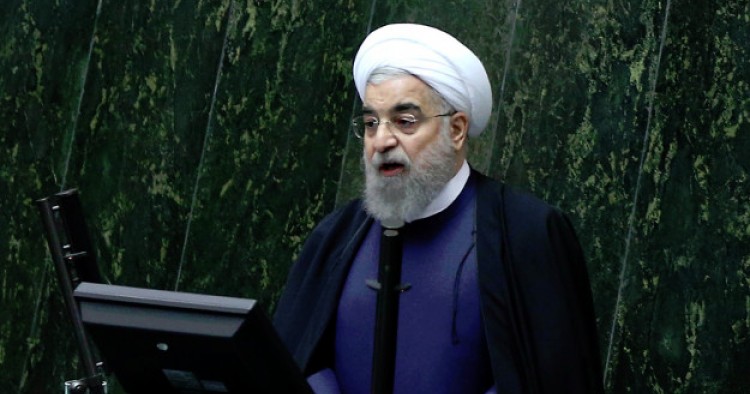Iranian President Hassan Rouhani says the country’s military budget has seen a 145 percent increase during his four year in office. During a speech at a ceremony in Tehran marking the National Army Day, he assured Iran’s neighbors that his country’s military capabilities do not pose threat to regional stability. On Tuesday, the Iranian Army staged military parades across the country to mark the National Army Day. Senior Iranian political and military leaders attended a ceremony in Tehran. The Army exhibited its latest achievements and advanced military weapons such as missiles, tanks, armored vehicles, drones, fighter jets, radar systems and air defense systems. Most notable among them were Sayyad-3 (Hunter-3), a long-range domestically-manufactured air defense missile and the Russian S-300 air defense missile system Iran acquired recently. Separately, the Iranian Ministry of Defense said the Iran’s adversaries are incapable of attacking Iran.
Comment: The Iranian government has placed increased emphasis on upgrading its military capabilities since it signed a nuclear agreement with world powers in 2015. Tehran has apparently used some of the sanctions relief to invest in its defense power at the expense of other priorities. In January, Iranian lawmakers approved a plan to expand military spending to five percent of the overall budget. The plan includes developing Iran’s long-range missile program, the main source of tension between Tehran and Washington since Donald Trump took office four months ago. According to the Iranian media, the plan "requires government to increase Iran's defense capabilities as a regional power and preserve the country's national security and interests by allocating at least five percent of annual budget" to military programs. Iran’s Supreme Leader Ali Khamenei reluctantly supported the 2015 nuclear deal but has insisted Tehran will not compromise on its non-nuclear military power.
The Middle East Institute (MEI) is an independent, non-partisan, non-for-profit, educational organization. It does not engage in advocacy and its scholars’ opinions are their own. MEI welcomes financial donations, but retains sole editorial control over its work and its publications reflect only the authors’ views. For a listing of MEI donors, please click here.













